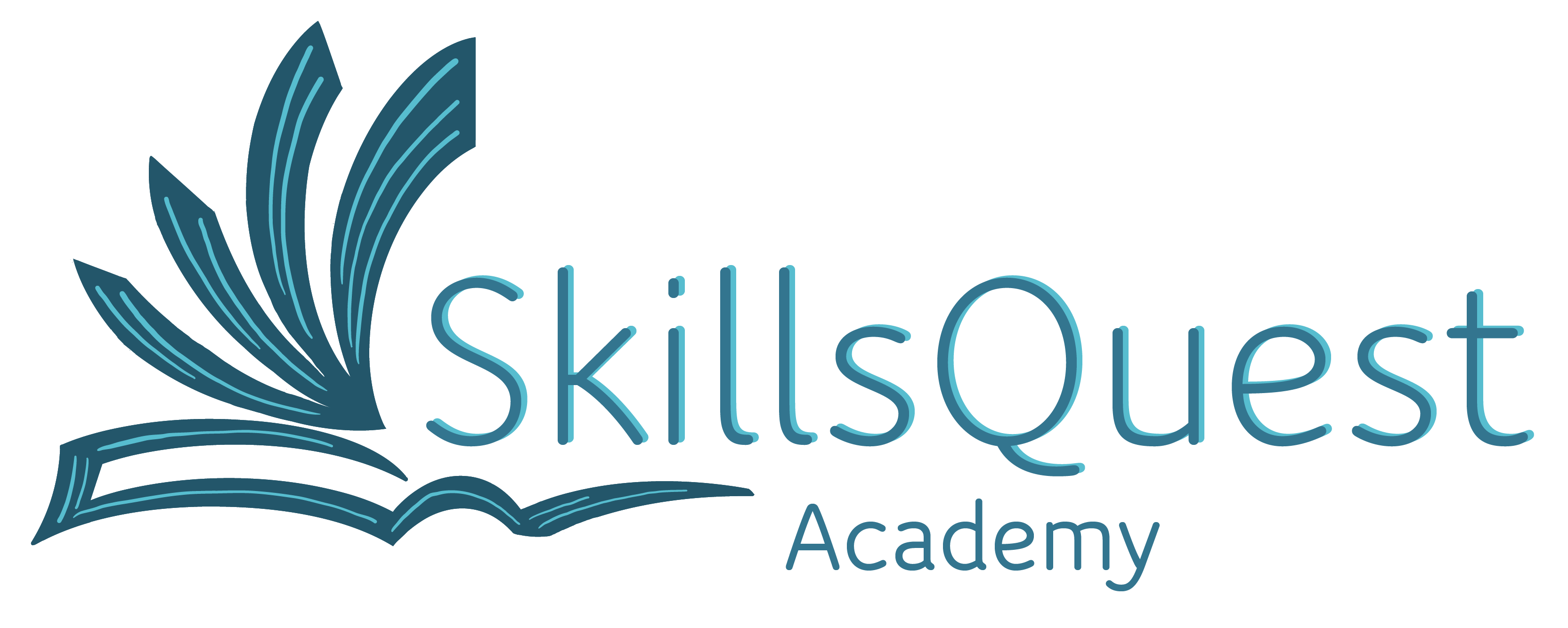Management Development Short Course
This course builds on the premise that providing managers with the necessary coaching and consultation skills can greatly enhance organisational effectiveness. Drawing from the American model of management and coaching, the course explores key themes and best practices in people management, self-development, and handling challenging conversations.
By empowering managers with these skills, organisations can avoid costly mistakes and promote a culture of continuous improvement and growth. This, in turn, supports the development of a highly skilled and effective workforce that is capable of driving organisational success in an ever-evolving business landscape.
This course is thoughtfully structured into ten manageable units, each exploring key aspects of the field.
Management Development Short Course Diploma Entry Requirements
All students must be 16 years of age and above to enter into our Management Development Short Course Diploma (Level 3).
Short Course Diploma courses require a minimum prior learning to GCSE standard in order that students can manage their studies and the assumed knowledge within course content.
Study Hours
200 hours in total. Or 20 hours per week over 10 weeks.
Assessment
Written assessment at the end of each unit of study.
Enrolment
Please note that you can enrol on this course at any time.
Progression
This Management Development Short Course Diploma can be used to gain entry to a Level 4 Diploma or higher.
Course Content
Unit 1: The Manager as a Coach or Mentor
This module encourages managers to adopt a reflective approach, integrating coaching, mentoring, and counselling techniques into their roles. It explores practical techniques, from applying models like the GROW model to implementing organisation-wide strategies. Recognising the importance of these techniques, large and small organisations invest in specialist support. The module equips managers with skills and knowledge, offering detailed examples and practical guidance for effective coaching, mentoring, and team support, even without formal training in these areas.
Unit 2: The Manager’s Role in Training and Development
This module introduces managers to the concept of the learning organisation, exploring various learning theories and styles. It evaluates different training methods, emphasising blended learning and aligning with government initiatives. Overall, it equips managers with the knowledge and skills to foster a culture of continuous learning and professional development within their teams, supporting organisational growth in a rapidly evolving business landscape.
Unit 3: Motivation in the Workplace – Theory and Practice
This module explores motivation theory in a manager’s role, emphasising its importance for performance management, team building, delegation, and conflict management. It covers intrinsic and extrinsic factors, delving into well-known theories like instrumental, content, and process models. The module examines the relevance of these theories to organisational settings, using examples from theorists like McGregor, Herzberg, Vroom, Latham, Locke, and Adams. Through practical examples, managers gain insights into inspiring and motivating teams, driving improved performance and success within their organisations.
Unit 4: Management Styles Including Situational Leadership
This module clarifies management and leadership differences, exploring various styles through theories. It evaluates recent theories like Tannenbaum and Schmidt’s leadership continuum and Hersey and Blanchard’s situational leadership, emphasising adapting management style to individuals’ experience and development. The module covers the relevance of emotional intelligence proposed by Goleman and encourages reflection on personal management styles. Managers can develop an adaptive approach, supporting communication and implementation of personal development plans for their teams. The underlying purpose is to foster reflection on one’s approach and understanding of management, influencing effective communication with others over their personal development plans.
Unit 5: Effective Communication – Understanding the Communication Process
This module addresses a common workplace issue: the assumption that everyone understands the organisation’s goals and plans. It highlights the importance of effective communication for successful management, exploring various methods and channels. Analysing communication complexities, it identifies benefits and potential pitfalls, providing guidance on avoiding jargon, managing meetings, writing reports, and using email effectively. The module also addresses non-verbal communication, encouraging learners to develop strategies based on theories. It focuses on enhancing internal staff communication and fostering effective interactions with external stakeholders, supporting overall organisational success.
Unit 6: Performance Management – Informal and Formal, Including Appraisals
This module dispels the misconception that managerial skills come naturally, emphasising the need for training and practice. It focuses on the critical process of performance management, essential for measuring performance, quality, and individual development. Learners gain insight into its historical evolution, practical applications, and impact on organisations. The module covers informal and formal appraisals, performance-related pay (PRP), and the concept of 360-degree feedback, providing guidance on effective feedback. By addressing these aspects, the module supports the development of effective managerial skills, fosters a positive perception of performance management, and promotes growth and success.
Unit 7: Developing Individuals into an Effective Team – The Art of Delegation
This module, inspired by “Animal Farm,” stresses the importance of recognising individual strengths and weaknesses in a team. It explores how these qualities impact team dynamics and performance, considering the task and manager’s leadership style. Delving into team types (matrix, self-managed, virtual), it discusses their significance in today’s workplace. The module explores team development theories (Tuckman’s model), emphasising stages like “storming” and the dangers of “groupthink.” It also covers identifying team role preferences (Belbin) and implications for performance. By understanding team dynamics and roles, managers can build high-performing teams, linking teamwork to effective delegation for optimal human resource use and organisational success.
Unit 8: Essentials of Conflict Management
This module recognises conflicts as common in the workplace but emphasises their constructive management for productive teamwork. It highlights communication’s role in handling difficult people and disputes, viewing conflict as a communication breakdown. Analysing conflict origins and costs, including increased absenteeism, the module offers practical advice on conflict minimisation through effective negotiation and self-awareness tools like the Johari window.
Delving into conflict management models (Thomas-Kilmann Model) and addressing performance issues, it explores team conflict management strategies, including the Strength Deployment Indicator® (SDI®). This approach equips managers with the skills to navigate conflict effectively, fostering a positive and productive work environment.
Unit 9: Design and Delivery of Staff Development Activities
This module emphasises the importance of staff development and training. It offers systematic guidance on planning, designing, and delivering effective training. Grounded in the belief that managers should actively contribute to staff development, it covers various aspects, including visual aids’ design, effective presentations, and facilitative approaches. The module teaches evaluation methods for assessing staff development effectiveness, empowering managers to contribute to cost-effective and relevant training. Adopting these strategies fosters continuous improvement within teams and organisations.
Unit 10: The Personal Development Plan
This module underscores the importance of Personal Development Planning (PDP) for supporting performance management and individual growth. Emphasising ongoing personal development, guides managers through the cyclical PDP process, involving setting S-SMART goals and creating a personal profile. The module explores techniques for assessing individual development needs, such as competence indicators and psychometric tests like Honey and Mumford’s Learning Styles and the Myers-Briggs Type Indicator® (MBTI®). By focusing on personal development, managers role model effective strategies, fostering a culture of continuous learning and improvement within their organisations.
Requirements
- All students must be 16 years of age and above to enter into our Management Development Short Course Diploma (Level 3). Short Course Diploma courses require a minimum prior learning to GCSE standard in order that students can manage their studies and the assumed knowledge within course content.








